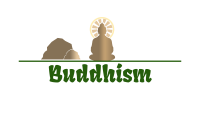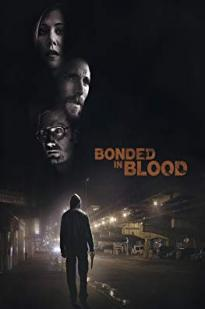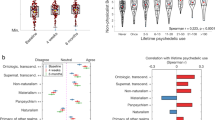As we know, the horror film is distinguished by its desire to affect the spectator, to scare him. Originating from 18th century English and German Gothic literature, taking off in the cinema after 1918, it conveys a particular fear, deeper than that which one experiences in front of an action or war film: the fear of death, a violent and grotesque death and unimaginable suffering that arouses, in addition to extreme anxiety, a feeling of repulsion. Worse, this fear turns into dread at the prospect of another existence, of eternal suffering, in this world or elsewhere. Fear is also that of an intrusion of the extraordinary into the ordinary world, of the disruption of the individual’s cosmos, of an intrusion that brings chaos; fear of a nightmarish supernatural in the literal sense of the word. In https://putlocker-online.com you can have the perfect deal.
The Experiences

These nightmares experienced in the waking state are embodied in the monstrous, the infamous creature, and are deployed in the morbid, cruel (even sadistic), and more or less the explicit character of the suffering caused – red being a color often crucial to the film. The feature film can certainly end in the destruction of Evil: it is then a catharsis. This is not always the case, and the final irresolution suggests the inevitable sequel (the famous sequel ). In absolute terms, the defeat of Evil is only temporary. Archetypes: the vampire, the werewolf, the ghost, the undead, the possessed child; characters: Dracula, Frankenstein’s monster, Jekyll and Hyde, Michael Myers, Freddy Krueger and Jason Vorhees; places: the castle, the laboratory, the haunted house, the cemetery; so many elements belonging for generations of spectators to the genre of the horror film 1.
Soviet cinema would have completely ignored the horror film.
Josephine Woll, the author of a recent article on this question, invokes to explain this fact a host of reasons – political, ideological, economic, historical, but also psychological: in addition to the discrediting of a “decadent” genre, the monsters of the screen did not belong to the realm of the subconscious but were indeed real 2. The anxieties that fueled American and British horror films in the 1950s and 1970s, writes Josephine Woll, had no parallels in the Soviet Union 3. To this must be added reasons more particularly linked to the perception of the notion of genre: with the exception of melodrama, the film categories used in the West would be absent from the Soviet categorizations 4. The horror film, “genre film” par excellence, because its success rests on the respect of a set of well-defined codes, could not thus be transposed in the USSR. The importation of foreign horror films was in turn compromised by the determinism of Soviet ideologues, who were closer to Plato than to Aristotle in their interpretation of violence on the screen. Finally, creating homemade horror films was made difficult for the simple reason that the Soviet Union being “the best of all possible worlds”, it could not serve as a hideout for horror.
Conventions
The actors must overplay so that their expressions must be understood by all Indians who do not speak Hindi, the main language of the shootings of Bollywood films. The language barrier and censorship also encourage screenwriters to embroider on simple themes with Manichaean and stereotypical characters in the service of morality.




